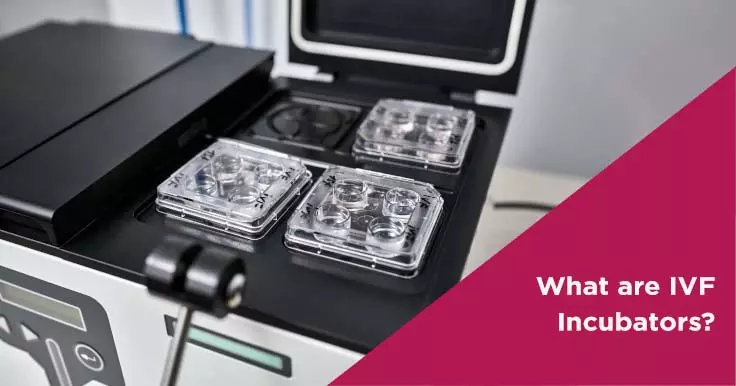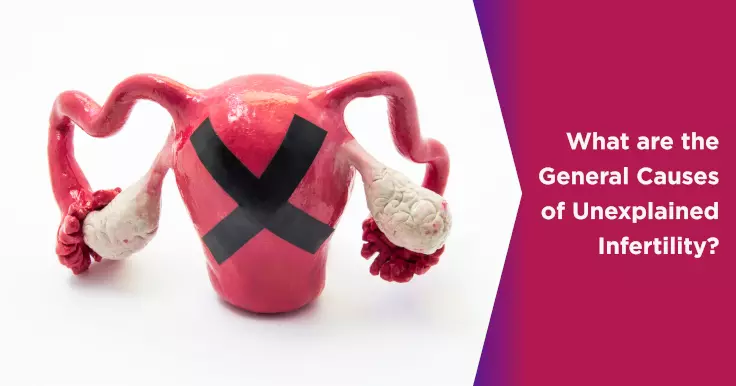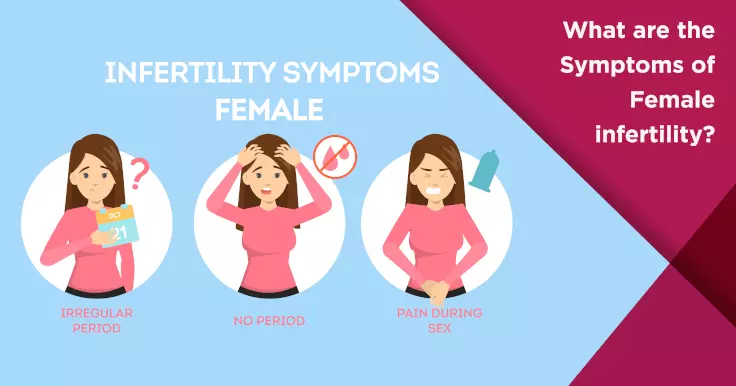CO2 Incubators in IVF: Enhancing In Vitro Fertilization Success

The quality of an In-vitro fertilization laboratory plays a vital role in the success of an IVF procedure. All the equipment that carries out highly sophisticated procedures is placed in an IVF lab. One such significant piece of equipment is the IVF incubator. Let’s discuss below the importance of this tool in an IVF procedure.
What are IVF Incubators?
In an IVF procedure, the egg cells are fertilized by the sperm outside the body, in an IVF laboratory. This fertilized egg or embryo cannot survive if exposed to normal environmental conditions. It is important to maintain an optimal set of atmospheric conditions as that of the fallopian tube for the proper growth and development of the embryo. To achieve this, the embryos need to be transferred immediately into an incubator. A good IVF incubator provides all the necessary conditions for the growth of an embryo.
Role of an IVF incubator
- Provide optimum temperature
- Control humidity
- Regulate the levels of essential gases like oxygen, carbon dioxide and nitrogen
For a successful IVF cycle, a temperature of 37° Celsius, 5% to 6% CO2, 5% O2 and 100% relative humidity are needed. The level pH maintained in the incubator is also vital. Regulating the level of CO2 helps in maintaining the pH level from 7.2 to 7.4. Unlike the tri-gas incubator, earlier versions of IVF incubators used only CO2 gas. Research says that the tri-gas incubators gave better outcomes than the CO2 incubators.
Why IVF incubators are better?
The method currently used for vitrification is called non-equilibrium vitrification. Irrespective of the name, it is important to keep the balance during the procedure to ensure maximum survival rates.
Keeping the Right Speed
In a situation where normal incubators are used, embryos of several patients are stored in the same incubator. Studies have shown that overcrowding of incubators can lower the pregnancy rates . Embryologist needs to open and close the incubator door a multiple time to monitor the embryos. So when they open the incubator door, the level of oxygen rises and the temperature inside drops. It takes a lot of time to return to normal environmental conditions inside the incubator. As a result, all the embryos get needlessly exposed to a sub-optimal condition causing poor growth and quality.
Nowadays, the newest technology IVF incubators come in a compact size that holds only a few samples or has an individual chamber for each sample, unlike the large incubators that have a single door for multiple numbers of samples. Also in these incubators, the time taken to reestablish any disruption in temperature or pH level gets significantly reduced. Thus, increasing the rate of IVF success ratio.
 Infertility Counselling
Infertility Counselling Female Infertility Treatment
Female Infertility Treatment Andrology Treatment
Andrology Treatment Fertility Enhancing Surgeries - Female
Fertility Enhancing Surgeries - Female Fertility Enhancing Surgeries - Male
Fertility Enhancing Surgeries - Male Endoscopy Treatment
Endoscopy Treatment IUI Treatment
IUI Treatment IVF Treatment
IVF Treatment ICSI Treatment
ICSI Treatment Advanced IVF Solutions
Advanced IVF Solutions Embryology
Embryology Vitrification Egg, Embryo, Sperm Freezing
Vitrification Egg, Embryo, Sperm Freezing Preimplantation Genetic Testing (PGT)
Preimplantation Genetic Testing (PGT) Donation Program Embryo / Egg / Sperm
Donation Program Embryo / Egg / Sperm Self-cycleTM IVF
Self-cycleTM IVF

 Self-cycleTM IVF
Self-cycleTM IVF











